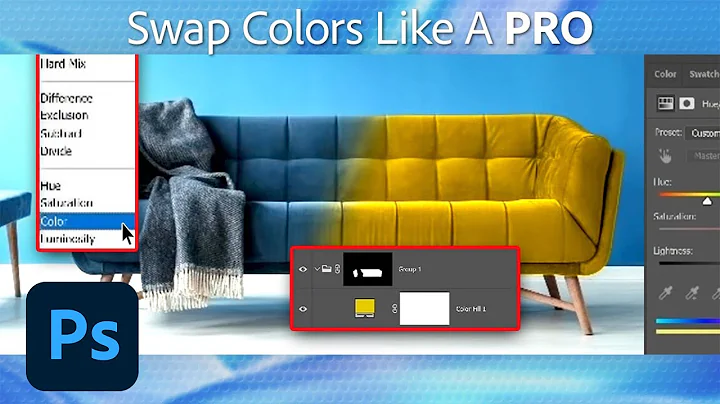Replacing elements in vector using erase and insert
Solution 1
At first you need to pass vector by reference, not by value.
void replace(vector<string>& my_vector_2, string old, string replacement){
Second erase and insert invalidates it, you need to update it with new iterator returned by erase
it = my_vector_2.erase(it);
it = my_vector_2.insert(it,replacement);
Solution 2
There's an ready-made algorithm for your problem:
#include <algorithm>
#include <string>
#include <vector>
std::vector<std::string> v; // populate
std::replace(v.begin(), v.end(), "old", "new");
Solution 3
You are passing your std::vector as a value. In order to Change the std::vector you pass to the function, declare it as a reference
void replace(vector<string>& my_vector_2, string old, string replacement){ }
The & denotes that you pass your std::vector by reference and so you can access the object you passed.
And don't erase the element, simply replace it.
Related videos on Youtube
Nikolai Stiksrud
Updated on July 09, 2022Comments
-
Nikolai Stiksrud almost 2 years
void replace(vector<string> my_vector_2, string old, string replacement){ vector<string>::iterator it; for (it = my_vector_2.begin(); it != my_vector_2.end(); ++it){ if (*it==old){ my_vector_2.erase(it); my_vector_2.insert(it,replacement); } } }So, I'd like this function to replace all occurrences of the string old in the vector with the string replacement. But when calling this function, it simply doesn't change the vector at all. I'm not sure if I am using the erase and insert functions properly. Any ideas?
-
 Shimon Rachlenko about 11 yearsShouldn't you pass the vector as a reference?
Shimon Rachlenko about 11 yearsShouldn't you pass the vector as a reference? -
Pete Becker about 11 yearsYou don't need to erase and insert. Just assign:
*it = replacement;. That eliminates any issues about iterator invalidation, and removes a bunch of churning to remove an element then open up a hole for insertion where that element used to be.
-
-
 Enn Michael over 7 yearsIsn't this UB? Mentioning
Enn Michael over 7 yearsIsn't this UB? Mentioningitafter the call toeraseis UB, and you do mentionitin your call toinsert. I think you have to use a workaround withstd::distance. -
 Toby Speight almost 7 years@Enn - did you not notice that
Toby Speight almost 7 years@Enn - did you not notice thatitis assigned with the result oferase()? The invalidated iterator cannot be used, becauseitnow holds a valid iterator; the same is true for the followinginsert()line.








